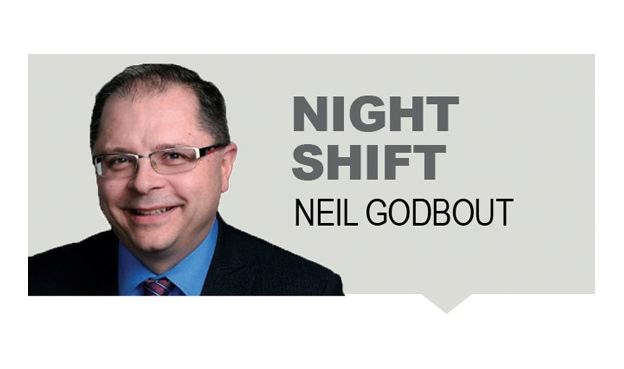Two elections in the past two weeks and two flubbed calls on my part.
In the provincial election, I didn’t see the John Horgan’s Orange Crush landslide coming. I saw the polling and what seemed to be transpiring in the Lower Mainland and particularly on the North Shore and the Fraser Valley but I was suspicious.
I thought voters would punish Horgan for calling an election a year early and during a pandemic.
I thought the money, the organization and the ground game of the B.C. Liberals would hold.
Before the polls closed, I entered two pools, betting on a tiny majority for the NDP.
Oops.
So I followed that up with a mirror image mistake on the U.S. election. Much of what I saw pointed to a Biden landslide, especially if he could pull in suburban and people of colour voters in Florida, Texas and North Carolina.
Ack.
I forgot (again) about the Trump factor.
The man may be a racist, sexist nincompoop who has been a disaster as a president and has done real, lasting damage to democracy in general and the republic in particular but he’s a gifted campaigner. He’s a rock star when it comes to not only motivating his supporters to vote but to get those supporters to go out and get more like-minded supporters.
Even more impressive, he pulled in millions more voters than he got four years ago. If just his 2016 base had showed up to vote, Joe Biden would have crushed him.
Where the recent provincial election and the U.S. presidential election were amazingly alike is the rural-urban divide.
Except for a handful of exceptions, Trump and the B.C. Liberals are dominant in rural areas while Biden and the B.C. NDP own the cities and the suburbs.
This is where Canada and the United States are so alike.
In fact, the argument could be made that urban Canadians have far more in common with urban Americans than they do with rural Canadians and similarly, rural Americans probably feel more kinship with rural Canadians than they do with their fellow Americans in the big cities.
This is the continuation of a global trend that has been happening for decades as the world has become more urbanized while rural areas have emptied out. Closer to home, while Prince George’s population has stayed mostly flat in the past 30 years, the smaller communities in every direction have been declining.
Virtually all of B.C.’s population growth during that same time period has been south of Kamloops, with the vast majority of that in the Lower Mainland.
B.C. has much in common with Arizona, where nearly three quarters of the population live in or near just one city – Vancouver and Phoenix, respectively.
The further one gets away from those cities, the more the people change. Everything from relative wealth, education and health is different, as are the social and cultural worldviews.
Some of those changes are minor but many of them are not only large but also divisive. On some issues, especially around identity, it’s often so bad that urban and rural residents can’t even agree on truth and reality, talking past one another in different languages.
In Canada and the U.S., as well as in many states and provinces, democracy itself is feeling the strain. The votes of rural residents and communities carry more weight than those of urban dwellers. Yet rural residents still feel increasingly unheard and underrepresented in the political and economic halls of power in the big cities.
Here in B.C., electoral boundaries will be reviewed before the next provincial election. Unless seats are added to the legislature, central and northern B.C. ridings will lose MLAs and the existing ridings will grow even larger, deepening that disconnect to Vancouver and Victoria.
Many are wondering whether a Trump-like figure could emerge in Canadian politics. Some, especially rural residents, would welcome it, while others, more likely urban dwellers, are terrified by the prospect.
Whatever happens, the rural-urban divide is fuelling a lot of anger and distrust, north and south of the border.



